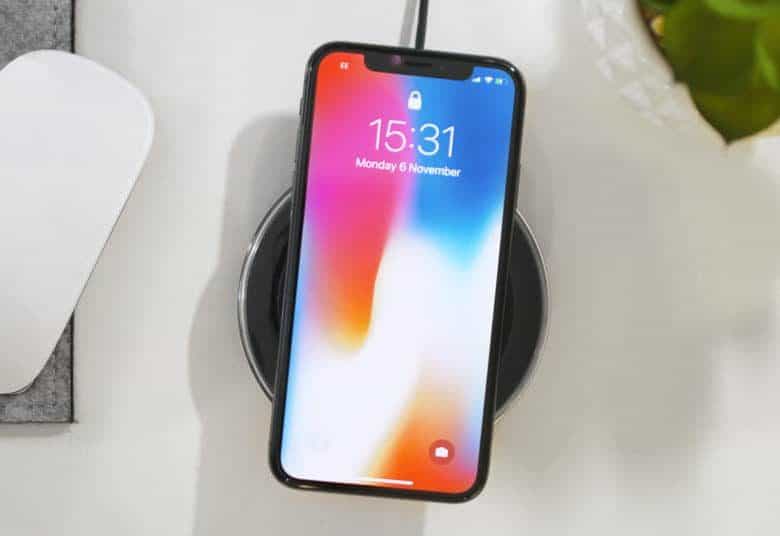Apple may be expanding its supply chain further by buying storage chips from the Chinese memory chipmaker Yangtze Memory Technologies, a new report states.
What makes this interesting is that the chips will reportedly be used only in iPhones and other devices for the Chinese domestic market. It suggests that Apple may be willing to modify its iPhone manufacturing process in order to please the Chinese government’s push toward more local manufacturing.
At present, Apple buys NAND flash memory chips for its iPhones from Toshiba of Japan, Western Digital of the U.S., SK Hynix and Samsung Electronics of South Korea. Due to its production demands, Apple is the world’s biggest consumer of these chips, and accounted for roughly 15 percent of overall global demand last year.
The Chinese state-backed Yangtze Memory Technologies is a little known company, whose production lines in the city of Wuhan will only start up for the first time this year. That would make 2019 or 2020 the earliest that Apple could theoretically adopt their chips.
Two people familiar with the discussions claim that Apple will buy the chips for use in iPhones and other devices for the Chinese domestic market. China is trying hard to enter the competitive semiconductor industry, and using Chinese chips could help score Apple some brownie points with the Chinese government.
Between 2012 and 2017, Apple’s number of Chinese suppliers have more than doubled — from just seven in 2012 to 19 in 2017.
The promise and challenges of growth in China
Apple is currently in the middle of a big push to grow its presence in China. Tim Cook has previously stated that Apple now designs its products specifically with the Chinese audience in mind.
Nonetheless, it hasn’t always been an easy road for Apple. In the past, the company has been ordered to shut down the iBookstore and iTunes Movies in China, been booted off a list of officially-approved government purchases in favor of local companies, and been forced to accept the Chinese government’s demands that it run network safety evaluations on all Apple products before they can be imported into the country.
Recently it has also caved in to requests to remove Skype from its App Store in China, being told that it does not comply with local laws, possibly due to its strong encryption — which makes messages difficult for the government to monitor. This month it has additionally carried out a migration of China-based iCloud accounts to a server operated by a Chinese company.
Balancing these kinds of challenges with the potential for selling devices in China is an ongoing struggle for Apple. Whether a willingness to change Apple’s manufacturing to create local jobs (something it has partly done in India through the introduction of iPhones manufactured in the country) will help remains to be seen. It can’t hurt, though. Right?
Source: Nikkei


